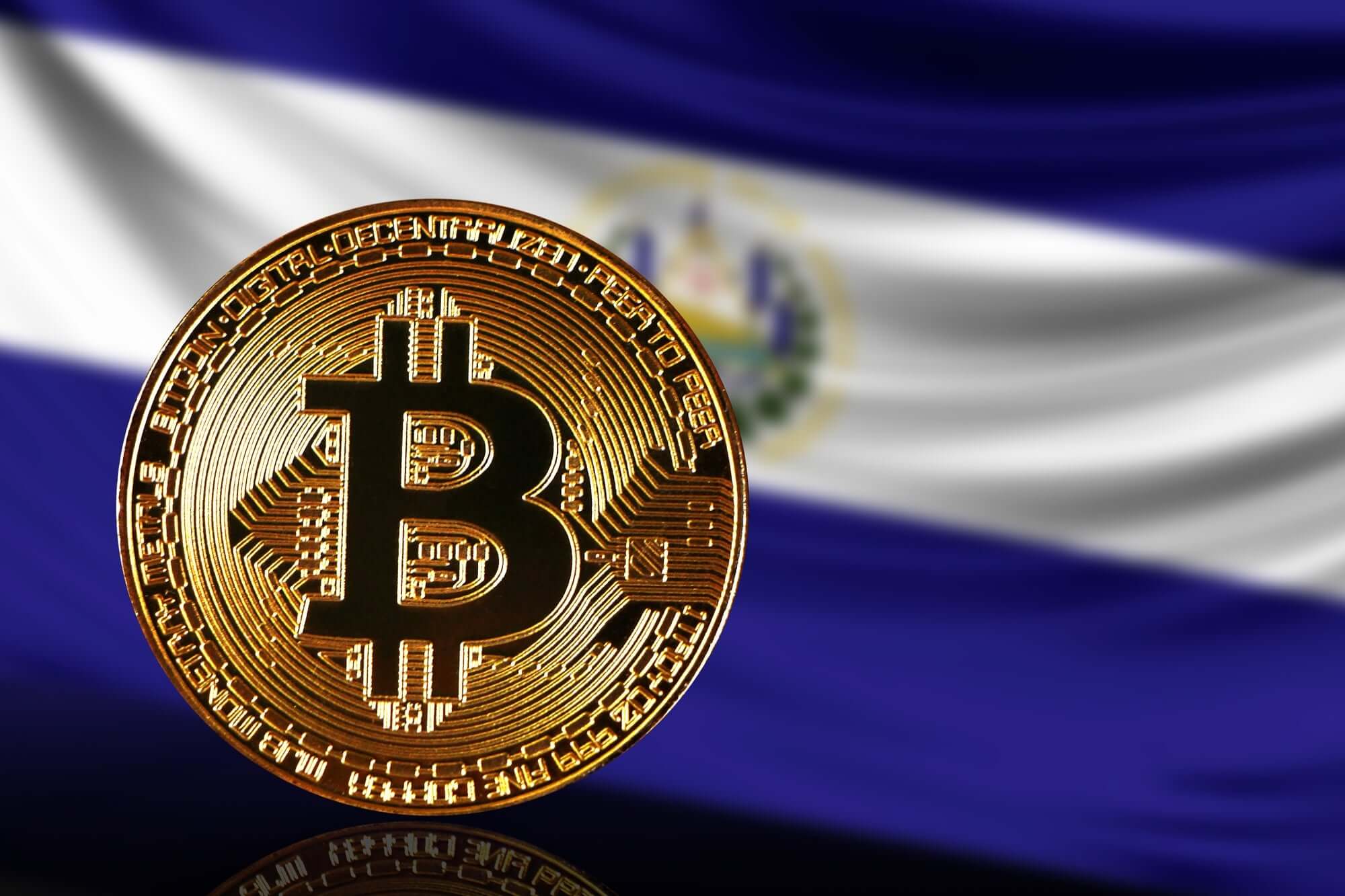El Salvador’s Bitcoin Bet Pays Off With Over $350M in Unrealized Gains
20.05.2025 12:00 2 min. read Alexander Stefanov
Bitcoin’s recent price surge has not only reignited global investor enthusiasm but also put one small nation’s bold financial gamble back in the spotlight.
El Salvador — the first country to adopt Bitcoin as legal tender — is now sitting on more than $350 million in unrealized profit from its national holdings.
President Nayib Bukele shared the milestone on social media, revealing that the government’s Bitcoin portfolio, which was once widely criticized, has more than doubled in value. The country currently holds 6,181 BTC, acquired at an average cost of just over $287 million. With Bitcoin trading above $102,000, the holdings are now worth around $644 million — marking a 124% gain.
El Salvador first made headlines in 2021 with its historic Bitcoin adoption law. While the move drew applause from crypto advocates, it also triggered warnings from global financial institutions, including the International Monetary Fund. Since then, the government has faced pressure to tone down its Bitcoin ambitions, especially during negotiations for international funding.
Despite these challenges, Bukele has remained defiant. “It didn’t stop when the world ostracized us,” he wrote, reinforcing his long-term commitment to the strategy.
Though the country has since made Bitcoin usage optional for private businesses, its national investment approach hasn’t wavered. Now, with markets trending upward again, El Salvador’s experiment may become a case study for other governments exploring digital asset integration into sovereign financial policy.
As Bitcoin approaches new highs, the country’s position not only appears more justified — it may soon be seen as visionary.
-
1
U.S. Lawmakers Target El Salvador With Crypto Sanctions Plan
10.07.2025 15:00 2 min. read -
2
Strategy’s $60 Billion Bitcoin Portfolio Faces Mounting Risks, CryptoQuant Warns
10.07.2025 16:36 3 min. read -
3
Esports Giant Moves Into Bitcoin Mining
05.07.2025 13:00 2 min. read -
4
Bitcoin Dominance Nears Key Resistance — Is Altseason Coming Next?
13.07.2025 17:00 2 min. read -
5
Bitcoin Price Prediction: As BTC Hits New All-Time High Is $200K In Sight?
14.07.2025 21:56 3 min. read
Societe Generale Backs Bitcoin and Ethereum ETP Expansion
French banking giant Societe Generale has entered the crypto space more directly, forming a strategic partnership with 21Shares.
Strategy Launches $2 Billion Raise to Buy More Bitcoin
MicroStrategy is doubling down on its Bitcoin strategy with a massive $2 billion fundraising move. Originally planned at $500 million, the company expanded its offering after seeing strong investor demand.
Arkham Intelligence: U.S. Government Holds at Least 198,000 BTC
The U.S. government now holds over 198,000 BTC, valued at approximately $23.5 billion, according to data from Arkham Intelligence.
Tesla Q2 Earnings Surge on Bitcoin Rally and AI Growth
Tesla stunned investors in Q2 2025 with a $1.2 billion profit, nearly tripling its previous quarter’s net income.
-
1
U.S. Lawmakers Target El Salvador With Crypto Sanctions Plan
10.07.2025 15:00 2 min. read -
2
Strategy’s $60 Billion Bitcoin Portfolio Faces Mounting Risks, CryptoQuant Warns
10.07.2025 16:36 3 min. read -
3
Esports Giant Moves Into Bitcoin Mining
05.07.2025 13:00 2 min. read -
4
Bitcoin Dominance Nears Key Resistance — Is Altseason Coming Next?
13.07.2025 17:00 2 min. read -
5
Bitcoin Price Prediction: As BTC Hits New All-Time High Is $200K In Sight?
14.07.2025 21:56 3 min. read


